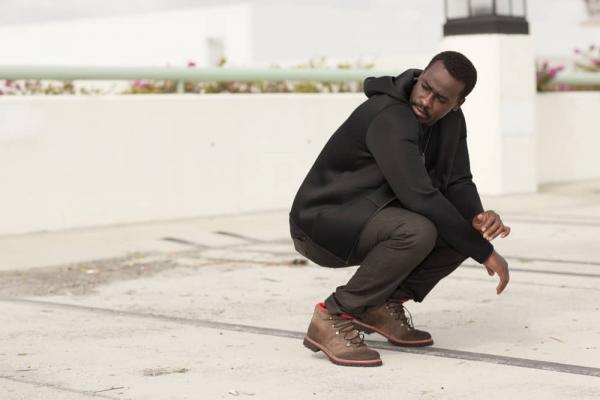
I'm sure there are times you wish you could take back a negative conversation you had with a spouse or child, or even a co-worker or boss. Maybe a certain event had unintended consequences that affected you as a result. You wish you could unwind the clock and change it, but you can't. Instead of wallowing in the "what ifs," try learning from the bad experiences. Todd B. Kashan, Ph. D and a writer for psychologytoday.com states, "I define regret as what we feel when we realize that our current situation might be better if we decided to act differently. It's a backward looking, unpleasant feeling where you blame yourself and wish you could undo the past."
Here are some tips to help you process the bad experiences and enjoy the good.
Learn lessons from bad experiences
When I was seventeen, I wasn't paying attention and ran a red light. A truck T-boned me going 50-miles an hour. Luckily, nothing was broken, because I was wearing a seat belt, but my ribs became dislocated. I had a concussion and front and back and bi-lateral whiplash. Because of my stupid mistake, I ended up with consequences that to this day, I still live with. Granted, I learned a very valuable lesson: pay attention! Since then, I have been a very careful driver and have never been in an accident again. Yes, lesson learned the hard way. Still, learning from our mistakes creates growth, particularly when we don't make them anymore.
Enjoy the good experiences
Life is a roller coaster and there may be experiences that test your very will and there are some that you want to cherish and never let go. It's in these times you should focus on the good, instead of the bad. Taking mental notes about what made those experiences good can help you when bad experiences happen, and can maybe even prevent them, if you learned a lesson the first time. I love when a perfect summer day with my family can get me through a cold winter day without them. Being a writer, I love when I have a good experience with an article I have written, or when I hear from readers that I somehow touched them or helped them with a problem.
Some things I have learned about regret may help you with your own experiences or knowledge, also from psychologytoday.com.
-
Regret is rarely found in young children younger than seven. Small children relish all of their experiences because they are still oblivious to the world around them. When they get older, their awareness develops and their conscience takes over.
-
In order to feel regret, you have to recognize the consequences of what you did or didn't do. Be introspective and patient to know whether an action not taken was a poor choice.
-
Most regrets concerning inaction are less bothersome to us. They still upset us, but not as much as the action already taken.
-
Regret exists because it is useful. Because we feel guilty and embarrassed by what we did, we learn from our mistakes. We try to undo wrongs done and make better choices in the future.
Remember that all choices create experiences, whether good or bad. Our job is to recognize them for what they are, enjoy the good and learn from the bad. This way, learning fosters growth.

